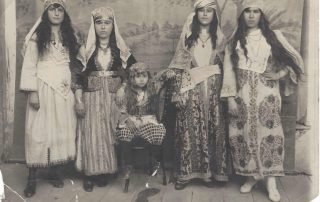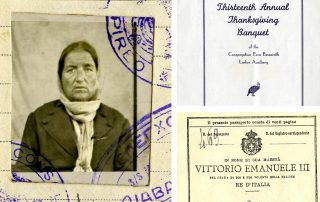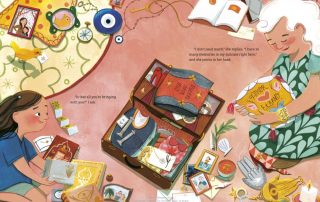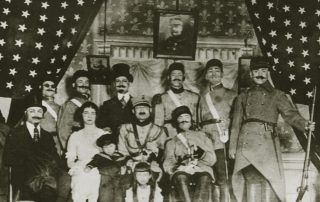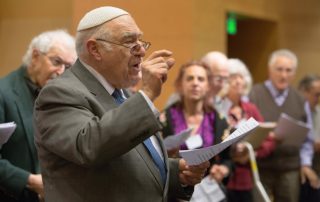Editors and contributors to "Sephardic Trajectories: Archives, Objects, and the Ottoman Jewish Past in the United States" (Koç University Press, 2021) discuss this multidisciplinary volume that highlights artifacts from the Sephardic Studies Digital Collection.
I can say one thing for sure - everything that I managed to try was spicy, satisfying, fresh. In general, food in Korea, as for me, is very tasty. You should not worry at all about poisoning with market food. Even Europeans and Japanese restaurants in south korea who visit Seoul on business and not limited in funds go to the Namdaemun market for real local food. The following street dishes are very popular with travelers


